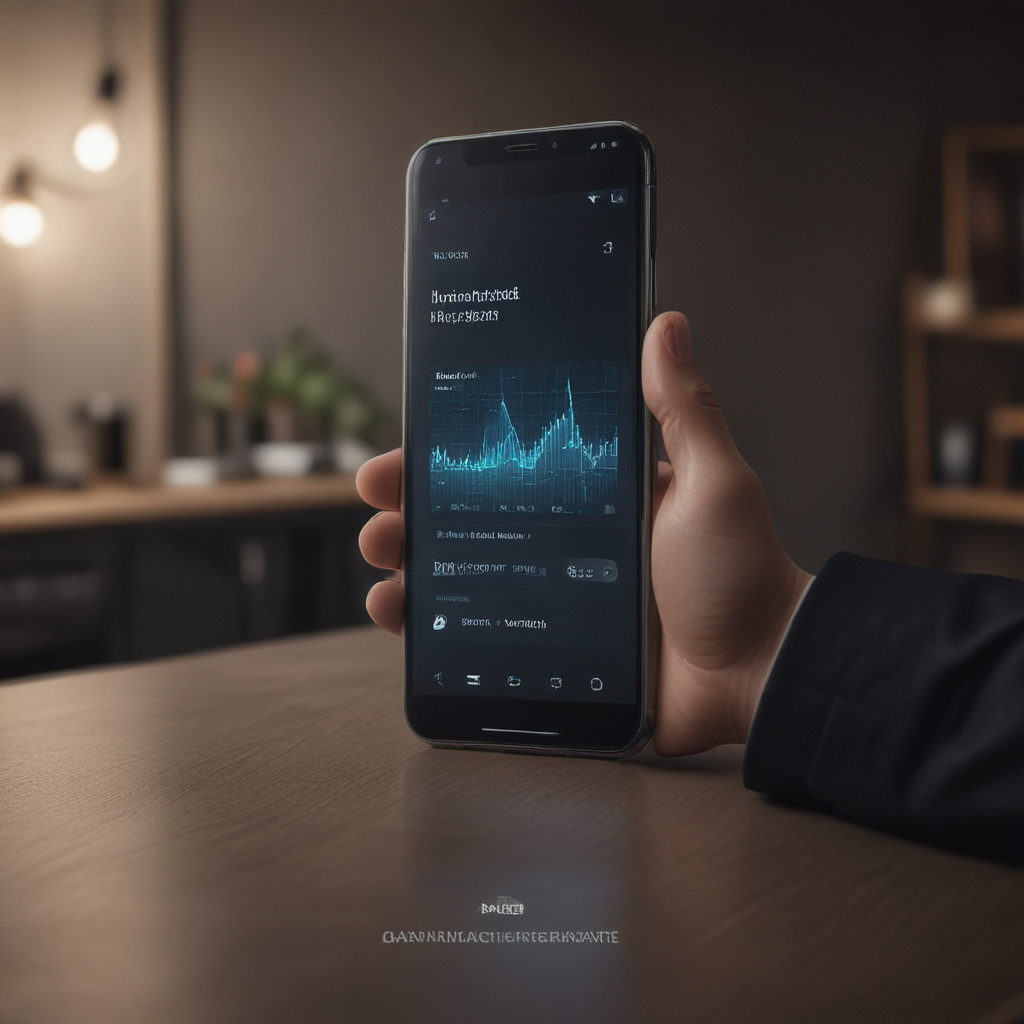I. Introduction
A. Definition and Significance of Voice Search
Voice search allows users to interact with digital devices using spoken commands, transforming the way we access information. It's gaining prominence due to its convenience, hands-free functionality, and ability to process natural language, making it easier for users to find what they need online.
B. Impact on the Travel and Hospitality Sector
In the travel and hospitality industry, voice search is revolutionizing the way customers interact with businesses. It empowers travelers with a seamless and efficient way to plan trips, make bookings, and access information, enhancing their overall experience and satisfaction.
II. Voice Search Trends
A. Rise of Voice-Activated Devices
The proliferation of voice-activated devices like Amazon Alexa, Google Home, and Apple Siri has significantly influenced voice search adoption. These devices provide constant access to information and services, enabling users to interact with their surroundings in a more natural and intuitive way.
B. User Preferences and Behavior
Research indicates that voice search is increasingly preferred for specific tasks, particularly when users are on the go or in hands-free situations. By simply speaking their queries, users can quickly search for travel information, book tickets, and make plans, transforming the travel booking process into a more conversational and convenient experience.
VI. Applications in In-Hotel Experiences
Voice search is transforming the guest experience within hotels. By integrating voice assistants into hotel rooms, guests can effortlessly control amenities, access information, and communicate with staff hands-free. For instance, guests can use voice commands to adjust lighting, temperature, or TV channels, request room service, or ask for concierge recommendations, enhancing their comfort and convenience during their stay.
VII. Integration with Third-Party Services
The travel industry is witnessing a surge in third-party integrations to enhance the voice search capabilities of travel businesses. Leading travel apps are partnering with voice assistant platforms to provide seamless experiences to users. By enabling voice search functionality within their apps, travelers can search for flights, book hotels, or get destination recommendations using natural language commands, eliminating the need to switch between multiple platforms.
VIII. Challenges and Opportunities
Despite the immense potential of voice search, it also poses certain challenges that businesses must address. Privacy concerns arise as voice assistants collect and process user data. Ensuring robust data security measures and transparent data usage policies is crucial for building trust and maintaining customer loyalty. Moreover, voice search presents opportunities for innovation and growth. Advanced technologies like natural language processing (NLP) and artificial intelligence (AI) will further enhance the accuracy and user-friendliness of voice search experiences.
IX. Best Practices for Voice Search Optimization
To harness the full benefits of voice search, businesses should optimize their digital presence effectively. Creating mobile-friendly websites is essential as voice search queries primarily originate from smartphones. Additionally, adopting structured data markup, which provides search engines with organized information about website content, improves the visibility and relevance of travel businesses in voice search results.
X. Conclusion
Voice search is revolutionizing the way travelers interact with the hospitality industry. Its convenience, accessibility, and conversational nature significantly enhance user experiences. To stay competitive in this evolving landscape, businesses must embrace voice search optimization strategies, integrate with third-party services, and leverage emerging technologies. By providing a seamless and personalized voice-enabled experience, travel and hospitality businesses can captivate customers, drive engagement, and build lasting relationships.
Frequently Asked Questions
Q: How does voice search impact customer experience in travel?
A: Voice search empowers travelers with hands-free, natural language interaction, making trip planning and in-hotel experiences more convenient, efficient, and personalized.
Q: What are the key trends driving the adoption of voice search in travel?
A: The proliferation of voice-activated devices and the increasing preference for hands-free, natural language interactions are major factors driving the rise of voice search in the travel sector.
Q: How can businesses optimize their websites for voice search?
A: Businesses can optimize their websites for voice search by creating mobile-friendly sites, adopting structured data markup, and including relevant natural language keywords in their content.
